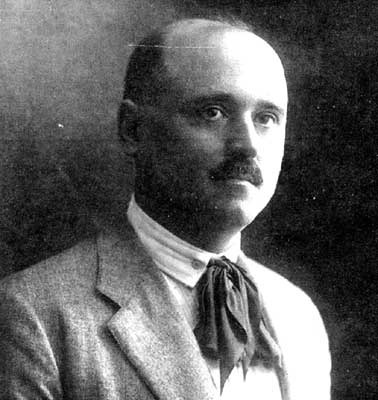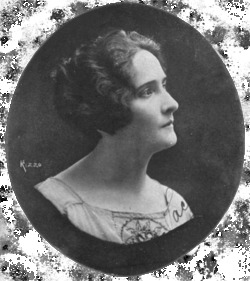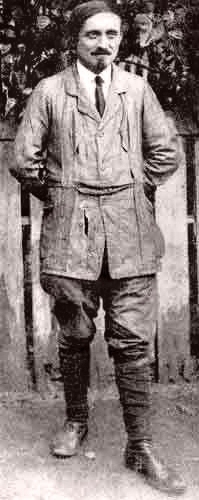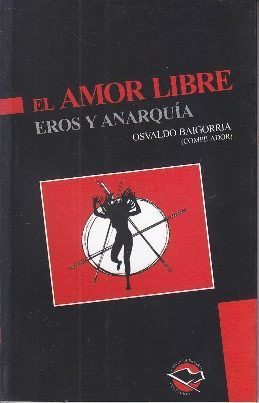
Durante mucho tiempo, amor libre fue sinónimo de "unión libre": una relación no sujeta a leyes civiles ni religiosas. En épocas en las que el matrimonio era indisoluble y el divorcio un horizonte polémico, la libertad de dos personas de unirse prescindiendo de la ley y de separarse «cuando el amor llegue a su fin» era motivo de escándalo pero no contenía necesariamente la posterior idea de liberación sexual. Además, por lo general, era una definición de vínculo entre un hombre y una mujer, no entre dos o más personas del mismo sexo. Una vez desacralizados el matrimonio, la familia y la pareja hombre-mujer unidos «de por vida» la experiencia susurra al oído que la fidelidad es imposible, que la monogamia es un ilusión y que las leyes del deseo triunfan siempre sobre las leyes de la costumbre. La inocencia grita que el amor solo puede ser libre, que la pluralidad de afectos es un hecho y que el deseo obedece a un orden natural, anterior y superior a todo mandato social establecido. Hemos titulado "El amor libre" a esta heterogénea—y mayormente heterosexual—selección de textos como homenaje a un título ya clásico de libros y artículos anarquistas y a un ideal que también pertenece a la tradición romántica y modernista.
Authors
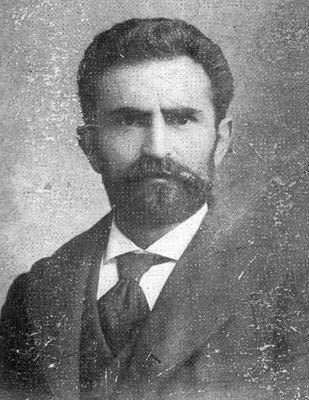
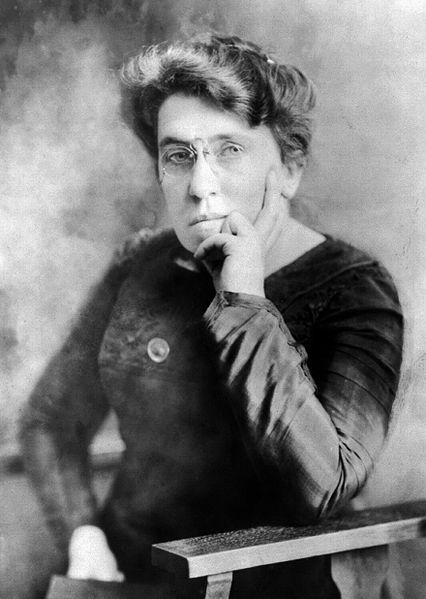
Emma Goldman was a feminist anarchist known for her political activism, writing and speeches. She played a pivotal role in the development of anarchist political philosophy in North America and Europe in the first half of the twentieth century. Born in Kovno in the Russian Empire (present-day Kaunas, Lithuania), Goldman emigrated to the US in 1885 and lived in New York City, where she joined the burgeoning anarchist movement.Attracted to anarchism after the Haymarket affair, Goldman became a writer and a renowned lecturer on anarchist philosophy, women's rights, and social issues, attracting crowds of thousands. She and anarchist writer Alexander Berkman, her lover and lifelong friend, planned to assassinate Henry Clay Frick as an act of propaganda of the deed. Although Frick survived the attempt on his life, Berkman was sentenced to twenty-two years in prison. Goldman was imprisoned several times in the years that followed, for "inciting to riot" and illegally distributing information about birth control. In 1906, Goldman founded the anarchist journal Mother Earth. In 1917, Goldman and Berkman were sentenced to two years in jail for conspiring to "induce persons not to register" for the newly instated draft. After their release from prison, they were arrested—along with hundreds of others—and deported to Russia. Initially supportive of that country's Bolshevik revolution, Goldman quickly voiced her opposition to the Soviet use of violence and the repression of independent voices. In 1923, she wrote a book about her experiences, My Disillusionment in Russia. While living in England, Canada, and France, she wrote an autobiography called Living My Life. After the outbreak of the Spanish Civil War, she traveled to Spain to support the anarchist revolution there. She died in Toronto on May 14, 1940, aged 70. During her life, Goldman was lionized as a free-thinking "rebel woman" by admirers, and derided by critics as an advocate of politically motivated murder and violent revolution.Her writing and lectures spanned a wide variety of issues, including prisons, atheism, freedom of speech, militarism, capitalism, marriage, free love, and homosexuality. Although she distanced herself from first-wave feminism and its efforts toward women's suffrage, she developed new ways of incorporating gender politics into anarchism. After decades of obscurity, Goldman's iconic status was revived in the 1970s, when feminist and anarchist scholars rekindled popular interest in her life.
